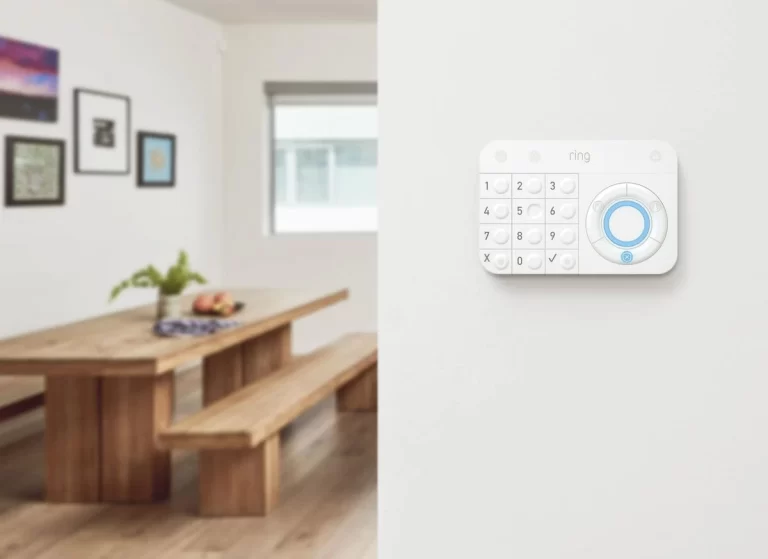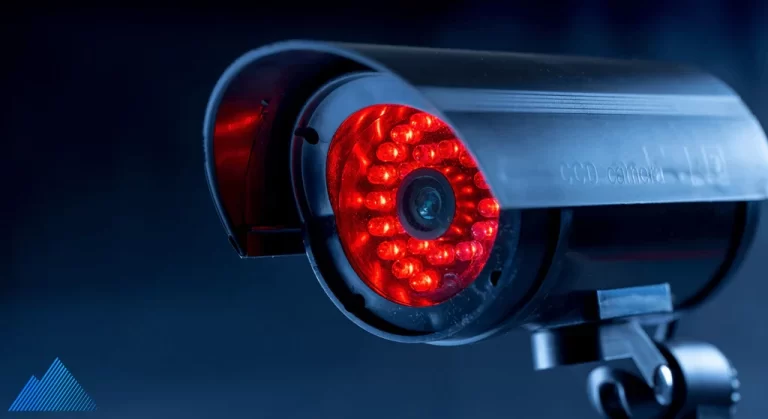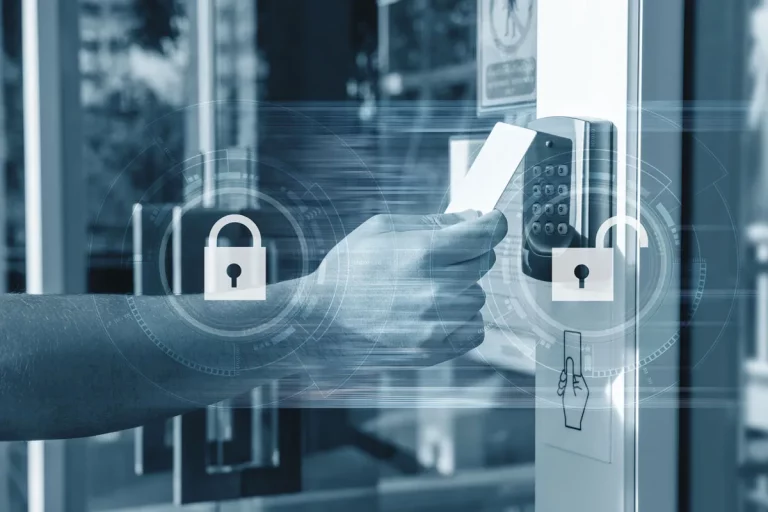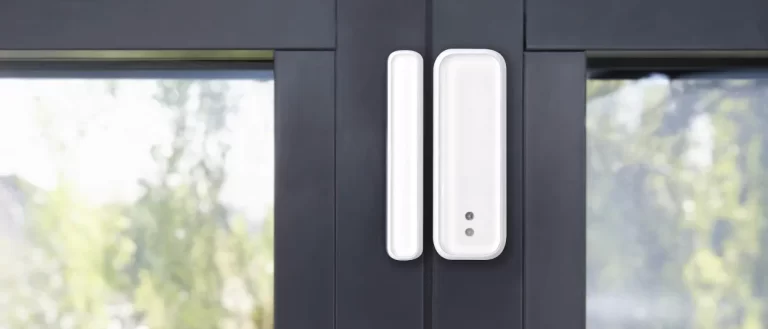How Much Does a Key Fob Entry System Cost?
Are you considering installing a key fob entry system for your home or business? Key fob entry systems offer convenience, security, and peace of mind by allowing authorized individuals to access a building or premises with a simple swipe or tap of a key fob.
However, before investing in such a system, it’s essential to understand the associated costs. In this article, we will provide you with a comprehensive guide on the expenses involved in acquiring a key fob entry system, enabling you to make an informed decision.
What is a Key Fob Entry System?
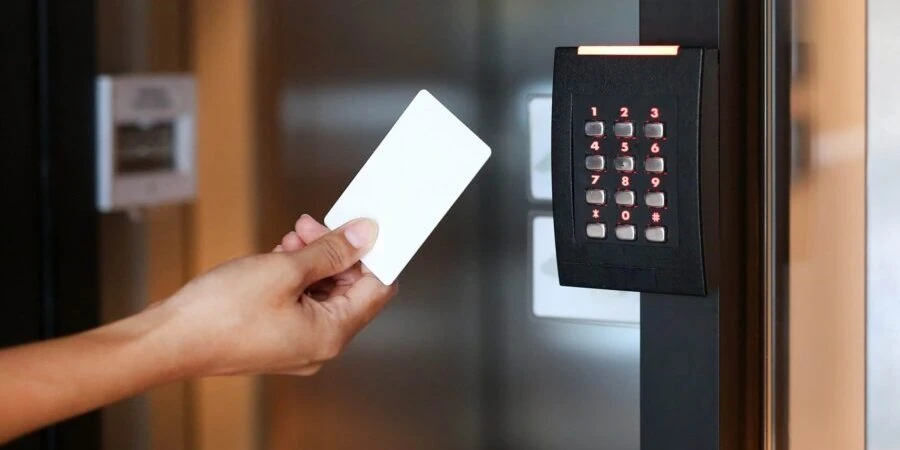
Before delving into the costs, let’s briefly explore what key fob entry systems are and how they work.
A key fob entry system, also known as a proximity card system or access control system, is a technology that grants access to authorized individuals through the use of key fobs or cards embedded with radio frequency identification (RFID) chips.
These systems typically consist of three main components: the key fobs or cards, card readers, and a central control panel.
When a user approaches a door or entry point, they present their key fob or card to the card reader, which then communicates with the central control panel to verify the user’s access privileges.
If authorized, the door or entry point unlocks, allowing the individual to enter.
Factors Affecting the Cost of Key Fob Entry Systems
Several factors contribute to the overall cost of a key fob entry system. Understanding these factors will help you estimate the expenses involved and tailor the system to meet your specific needs.
Let’s explore some of the key elements that influence the cost:
1. System Complexity and Scalability
The complexity of the key fob entry system you choose will significantly impact its cost. Basic systems designed for small-scale applications, such as residential buildings or small offices, tend to be more affordable.
On the other hand, complex systems required for larger commercial or industrial premises will involve additional features and components, resulting in higher costs.
Scalability is another crucial consideration. If you anticipate expanding your premises or adding more access points in the future, it’s essential to choose a system that can accommodate growth without requiring a complete overhaul.
Scalable systems may have higher upfront costs but can save you money in the long run by allowing for easy expansion.
2. Number of Access Points
The number of access points you wish to secure with the key fob entry system will directly impact the cost. Each access point will require a card reader, wiring, and potentially additional hardware.
The more access points you have, the more components you will need, resulting in increased expenses.
3. Type of Card Readers
There are various types of card readers available, each with different features and price points. The two most common types are proximity card readers and smart card readers.
Proximity card readers are more cost-effective and use RFID technology to read the information on the key fob or card.
Smart card readers, on the other hand, offer additional security features and can read more advanced card technologies, such as magnetic stripes or embedded chips.
4. Integration with Other Systems
If you already have existing security or building management systems in place, you may need to consider the integration of your key fob entry system with these systems.
Integration can enhance functionality and streamline operations, but it may also add to the overall cost. It is essential to discuss integration requirements with your provider and budget accordingly.
5. Installation and Wiring
The installation and wiring process can vary depending on the complexity of the system and the infrastructure of your premises. For new constructions or buildings with pre-wired access control systems, installation may be relatively straightforward.
However, retrofitting an existing building may require additional labor and materials, potentially increasing the installation costs.
How Much Does a Key Fob Entry System Cost?
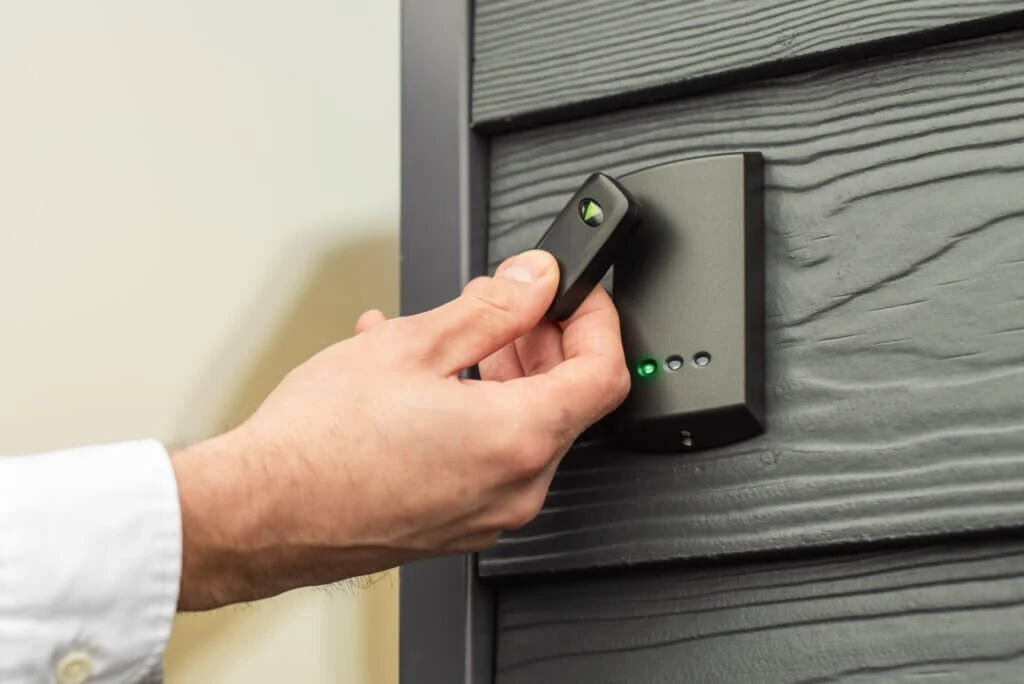
Now that we have examined the factors influencing the cost, let’s discuss the estimated expenses involved in acquiring a key fob entry system.
It is important to note that the following figures are approximate and can vary depending on your specific requirements, location, and chosen provider. Always consult with multiple vendors to get accurate quotes tailored to your needs.
1. Basic Key Fob Entry System
A basic key fob entry system suitable for a small residential building or office can cost around $1,000 to $3,000. This price includes a central control panel, a few card readers, and a limited number of key fobs or cards.
2. Mid-Range Key Fob Entry System
For medium-sized applications with more access points and additional features, such as time tracking or integration capabilities, the cost can range from $3,000 to $8,000.
This price includes a more advanced control panel, multiple card readers, and a larger quantity of key fobs or cards.
3. High-End Key Fob Entry System
Complex systems designed for large commercial or industrial premises can cost upward of $10,000 or more.
These systems often include advanced features like biometric readers, integration with other security systems, and extensive scalability options.
The price will depend on the size of the premises, the number of access points, and the specific requirements of the project.
Note: It’s important to keep in mind that the initial cost of the key fob entry system is not the only expense involved.
Additional costs may include installation fees, wiring, programming and configuration, ongoing maintenance, and potential licensing or permit fees.
It’s advisable to discuss these costs with your chosen provider to ensure you have a clear understanding of the total investment required.
Conclusion
Investing in a key fob entry system can enhance the security and convenience of your home or business premises. However, it’s crucial to consider the costs involved to make an informed decision.
The price of a key fob entry system depends on factors such as system complexity, the number of access points, the type of card readers, integration requirements, and the installation process.
READ ALSO!!!
